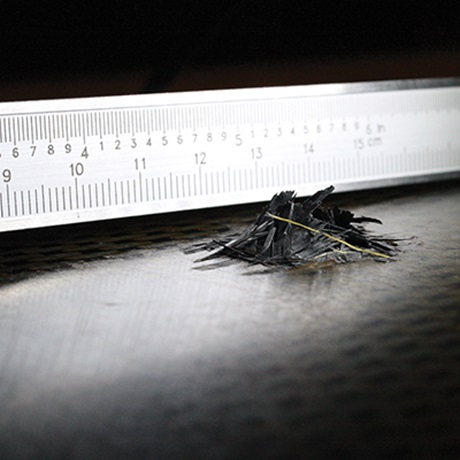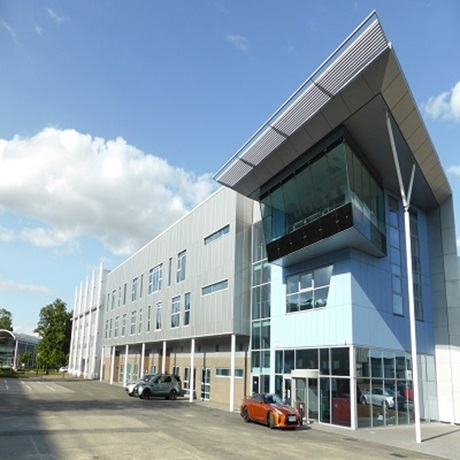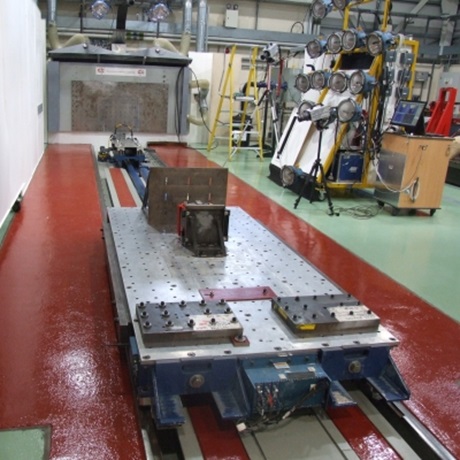With tightening legislation around both greenhouse gas emissions and other airborne pollutants, the automotive industry has been under increasing pressure to develop vehicles that are more energy efficient, lower in tailpipe emissions (tending to zero), as well as a considerable reduction in the environmental impact of their vehicles’ complete lifecycle (manufacture – use – disposal). As a result, identifying and developing the right solution for each vehicle application has become an area of enormous interest to vehicle producers, their supply chain, and legislators.
AVEC’s expertise in this field covers a number of areas that can be applied to many specific areas of automotive R&D, such as:
- Holistic vehicle-systems integration
- Control engineering
- Estimation techniques
- Hardware-in-the-loop simulation
- Mechatronic modelling
- Prototyping
- Static and dynamics optimisation methods
AVEC also work on some very specific areas of automotive R&D, including:
- Traction batteries for automotive, marine, aerospace and rail
- Vehicle electrification
- Specialist vehicles
- System integration
- Design optimisation/component sizing
- Fleet capacity optimisation
- Hybrid batteries
AVEC also works across the Cranfield campus with colleagues in other schools and centres to tackle cross-sector challenges, such as:
- Use of hydrogen in vehicles – synergies with the hydrogen production work in Energy and Sustainability theme as well as the use of hydrogen across the supply chain with the School of Management
- Large-scale batteries, V2G electrical flows, and large electrical machines – synergies with grid-scale storage, local energy systems, and renewable generation applications
- The introduction of electrified and hybridised propulsion systems for aerospace
Our interaction with the industry is either through joint research projects funded by research councils, e.g. the Engineering and Physical Sciences Research Council (EPSRC) or Innovate UK, or direct collaborative research with businesses such as AVL, Nissan, Jaguar Land Rover, Lotus, Mahle, MIRA and Mitsubishi UK.
Please see our web page for more information about working with AVEC on private commercial projects or publicly-funded collaborative R&D.
We also provide the possibility of academic supervision to PhD or MSc students to work on a research topic to address specific demands from the industry. Examples of our past projects can be found here.





